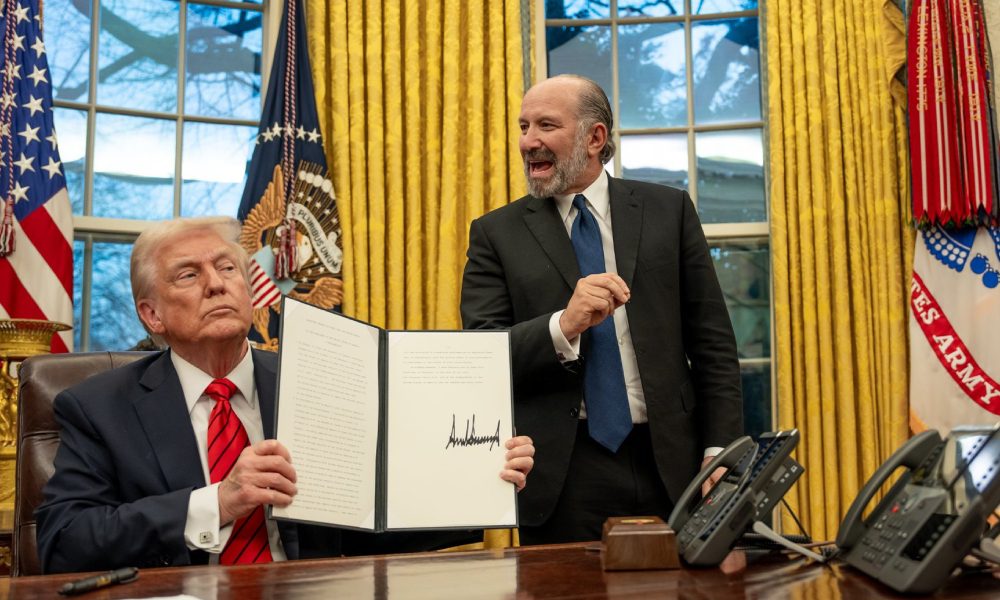WASHINGTON: President Donald Trump announced a 25% tariff on all steel and aluminum imports. No exemptions or exceptions will be granted.
The U.S. imports most steel from Canada, Mexico, and Brazil. However, the tariffs indirectly target China’s massive steel industry.
China exports steel through third-party countries. Some steel is mislabeled and resold, eventually reaching the U.S. market.
Economic Impact
The U.S. consumes millions of tons of steel and aluminum annually. These materials are crucial for vehicles, infrastructure, and household goods.
Tariffs may raise production costs, affecting industries reliant on steel and aluminum. Domestic manufacturers could also increase their prices.
Manufacturing Sector
The U.S. is no longer a manufacturing-dominated economy. However, steel and aluminum remain essential to major industries and infrastructure.
Steel is used in cars, appliances, pipelines, bridges, and skyscrapers. Aluminum is key for cars, cans, electrical lines, and jets.
Rising Costs
Higher import costs could push American manufacturers to increase prices. Domestic steelmakers might also raise their prices due to reduced competition.
Tariffs could impact affordability for businesses and consumers, affecting various industries reliant on these metals.
Domestic Production
Despite imports, U.S. steel mills produce three times more steel than the country imports. The weight and shipping costs favor local producers.
This gives domestic manufacturers a natural advantage, but tariffs could still affect supply chains and pricing.
Trump’s Statement
“This is a big deal—making America rich again,” Trump said while announcing the tariffs. He emphasized strengthening U.S. industry.
The tariffs follow previous steel duties imposed during Trump’s first term and continued under President Joe Biden.
Future Uncertainty
Trade policies could shift depending on global reactions. Countries affected by the tariffs may retaliate with their own trade measures.
The long-term effects on American businesses, consumers, and international trade remain uncertain.












